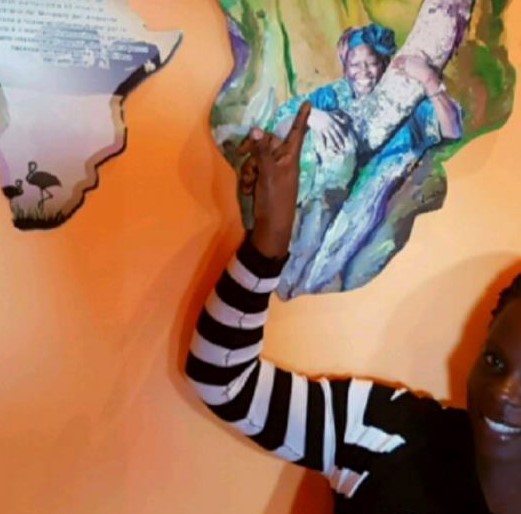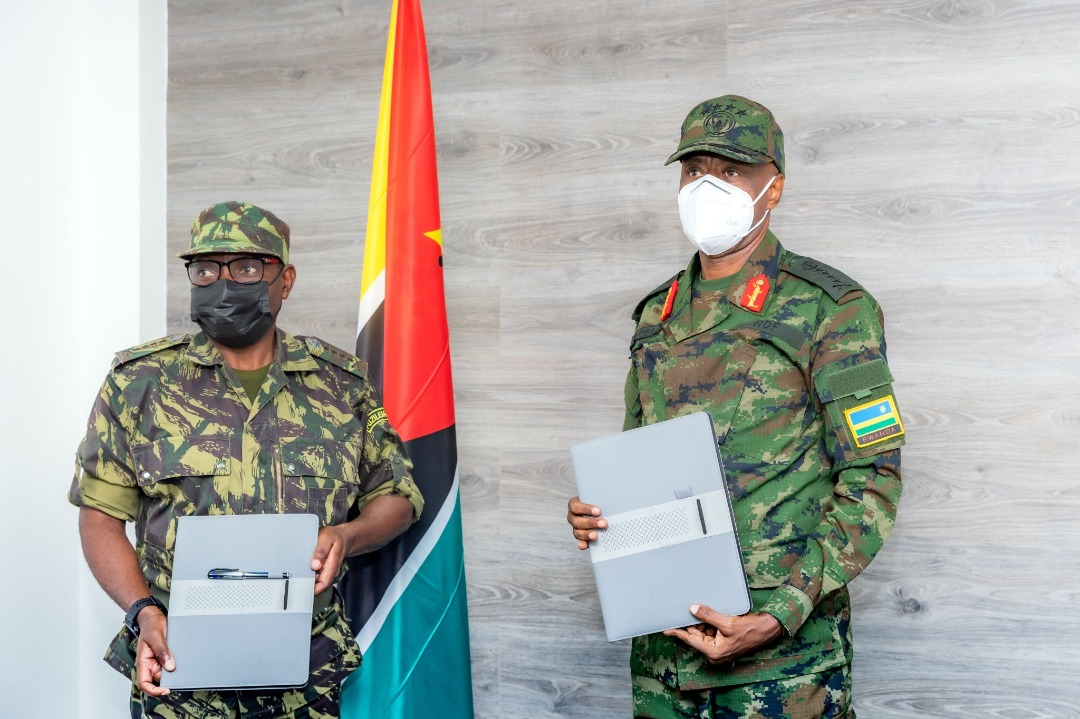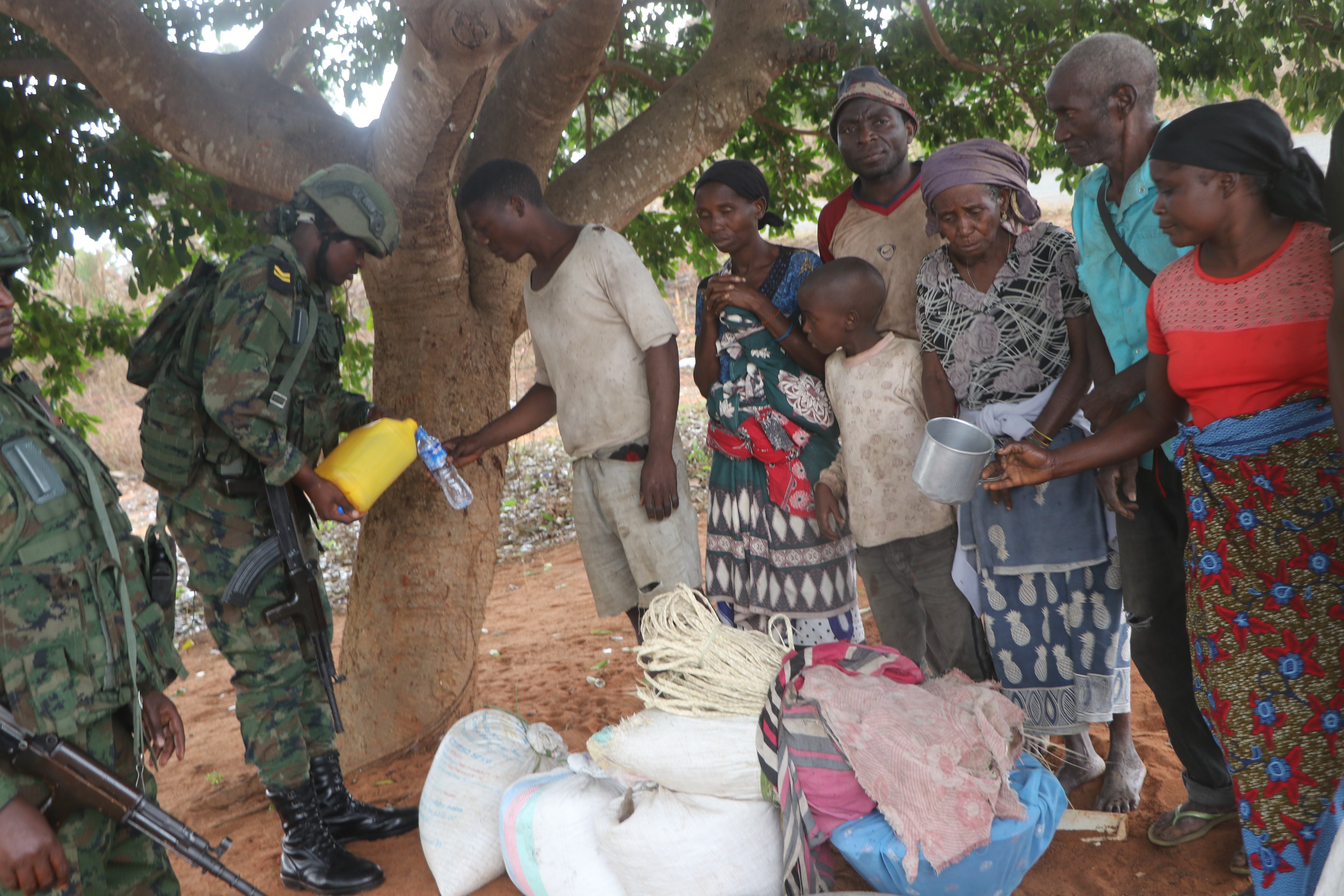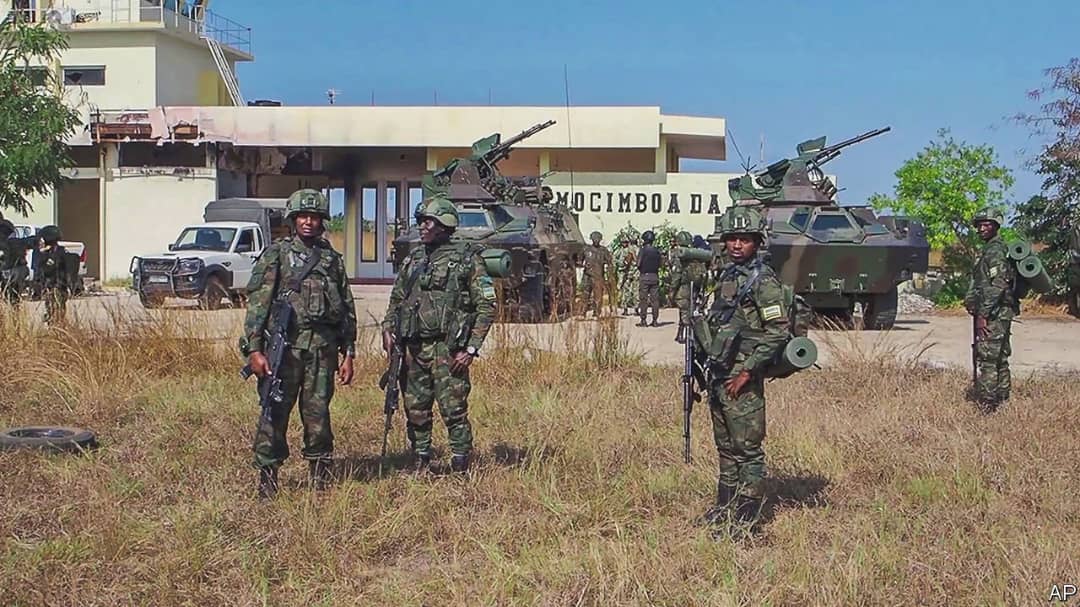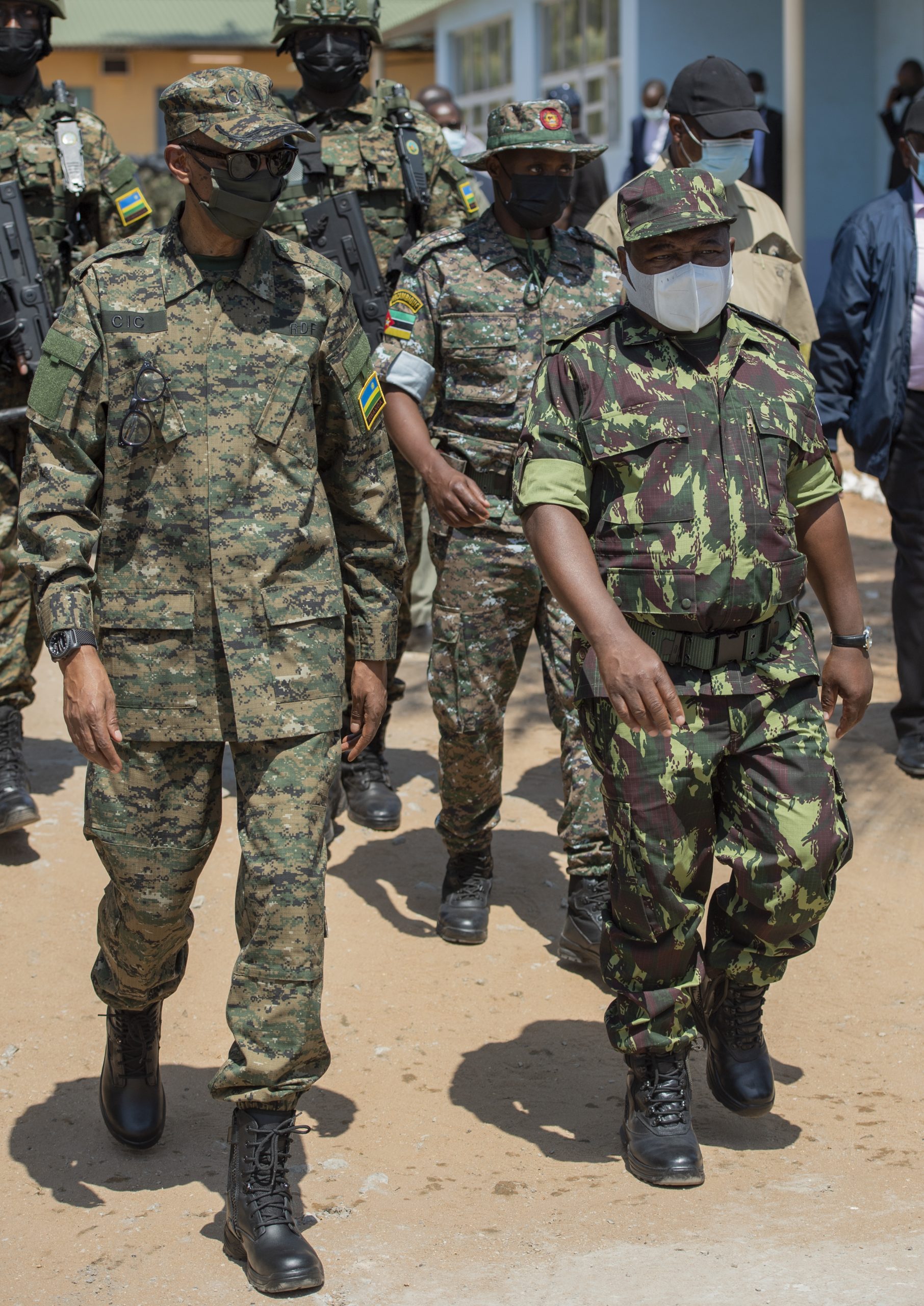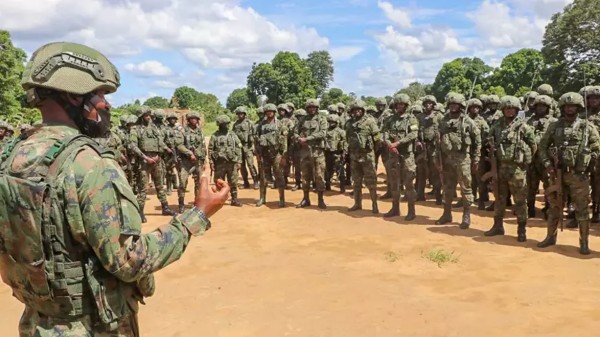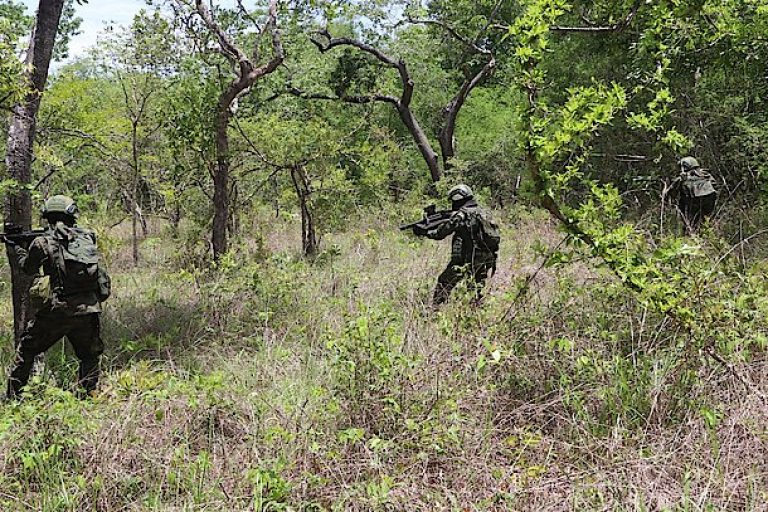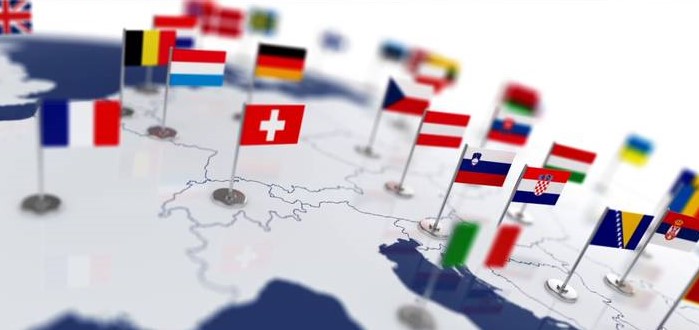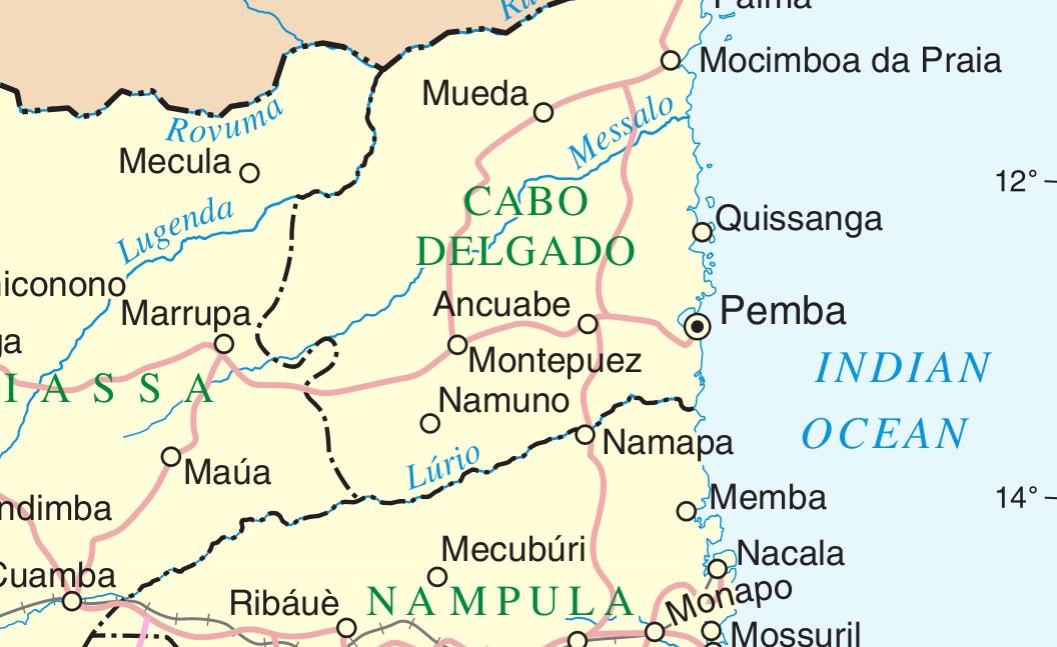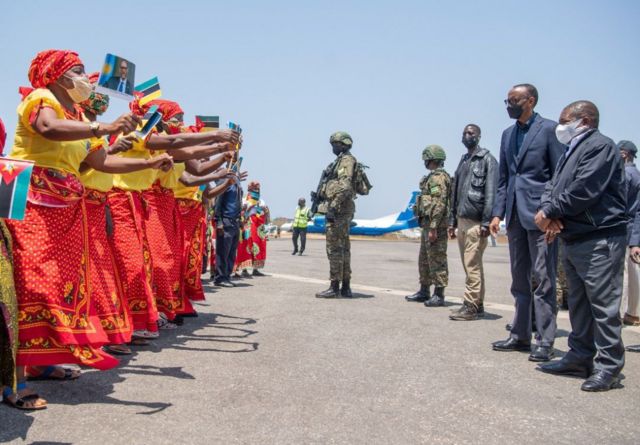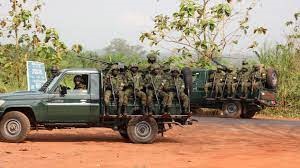Regional
Rwanda’s peace support missions should not be politicized or taken for granted
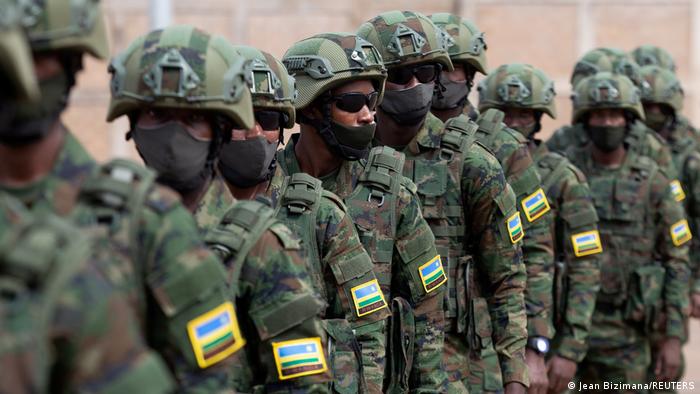
Rwanda is one of the
countries in Africa that is much talked about because of the rapid development
trajectory it realized after the 1994 genocide against the Tutsi.
In some instances, Rwanda is
referred to as a small country in central Africa which has a surface area of only
26,338 square kilometers. For some reasons, there are narratives about Rwanda which
associate the geographical size with the ability and capacity of the country to
achieve developmental goals and aspirations.
The narratives want to
create an impression that since Rwanda is a small country, in size, its achievements
have to be small. This is one of the misconceptions about Rwanda put forward,
especially by foreigners.
Rwanda is a country that
resurrected from the ashes after suffering the 1994 genocide against the Tutsi
which left over one million innocent people dead in a period of 100 days.
It was the Rwandan Patriotic
Army (RPA), the armed wing of the Rwandan Patriotic Front (RPF), that single-handedly
stopped the genocide after the UN force abandoned thousands of people who had
taken refuge in their compounds. The Rwandan people were betrayed and abandoned
at a critical time of need. Hundreds of thousands were later brutally killed by
the government forces and Interahamwe militias, whose remnants created FDLR, a
terror group currently operating in DRC.
It should also be known that
the victory of the RPA to liberate Rwanda was not an easy task. The government
of Juvénal Habyarimana had several Western countries involved in the war by
supplying weapons and military personnel who fought alongside government forces
on the frontline. There is no single country from far or near that came to
fight alongside the RPA forces.
Rwanda’s war of liberation
taught Rwandans many lessons that the country applies today both at home and
beyond.
One of the lessons is that no
foreign country will ever give Rwandans peace; they have to find peace by
themselves.
The second is striving to be
self-reliant without having to wait for external assistance. The third lesson is
the commitment to ‘never again’ so that what happened in Rwanda should not happen
in the future whether in Rwanda or elsewhere in the world.
After the horror of the
genocide against the Tutsi, Rwanda adopted a unique perspective on peacekeeping.
The country joined hands
with other countries to prevent atrocities and promote peace and security. This
is a far bigger commitment that Rwanda has lived up to. The country has become
an important contributor to UN peacekeeping operations, as well as in
engagements in military peace operations on bilateral arrangements.
In 1994, Rwanda lived as a
testimony that countries big and small could sit and do nothing when genocide
was being committed. The post-genocide leadership of Rwanda vowed never to sit
and do nothing.
Rwanda’s military assistance
whether in UN peacekeeping missions, under the AU or on bilateral arrangements,
is based on the country’s commitment to
the Responsibility to Protect (R2P) doctrine and the 2015 Kigali Principles on
the Protection of Civilians. This is a
philosophy adopted by Rwanda’s leadership derived from the history of fighting
genocide perpetrators and protecting civilians.
Detractors
have tried to link Rwanda’s military presence in the Central African Republic
(CAR), Mozambique, and elsewhere, to economic and geopolitical interests. This is absurd.
The intention of such a narrative is to
tarnish the image of Rwanda before the international community and take for
granted the sacrifice of the Rwandans involved in peace support missions.
The
politicization of Rwanda’s noble cause of rendering a hand to restore peace in
troubled countries in Africa and beyond is not surprising but an indicator of
how evil human minds can be. It is the same evil minds that are not happy with
a small country that has built military strength stretching beyond her borders.
Rwanda
has kept herself stable, secure, united, and prosperous.
Those
politicizing Rwanda’s peace support initiatives are the same minds preoccupied
with plotting regime change in Rwanda.
For
those who care about Africa’s peace and security, Rwanda raised the bar higher
than its geographical size and made a statement on the importance of
cooperation to achieve lasting peace and security in Africa and beyond.


